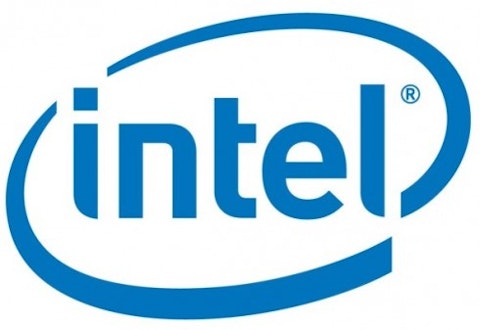For investors looking to hedge or speculate, there are many reasons why one would short sell a stock. While bi-monthly short interest FINRA data is useful for determining a broad gauge of the ‘most hated’ stocks on the Street, it’s important to note that an abnormally high short interest can lead to a short squeeze. Though tough to pinpoint, recent short squeeze scenarios include Tesla Motors Inc (NASDAQ:TSLA), among others, but generally speaking, a short interest percentage above 30% (of float) indicates a level that retail investors should stay cautious of.
The Walt Disney Company (NYSE:DIS)
The stock price of Disney has been in a general uptrend over the past 12 months, and is now up more than 40% from a year ago. Logically speaking, this makes Disney an unfavorable candidate for short sellers, but there are still a few bears out there.
With many business segments to operate, The Walt Disney Company (NYSE:DIS) generates revenue in most of these segments. Parks and Resorts operating income had increased by 73% in Disney’s second quarter, while Consumer Products showed an increase of 35% in its operating-specific income. The Walt Disney Company (NYSE:DIS)’s Disneyland Resort, on the other hand, in addition to production costs at ABC, have impaired broadcasting revenues–an area to watch going forward.
Intel Corporation (NASDAQ:INTC)
The percentage of Disney’s float that’s short is a meager 2.36%, represents a very small amount of the company’s overall shares; more on that below. Most analysts have reached a consensus buy estimate on The Walt Disney Company (NYSE:DIS)’s stock, and with a generally positive economic environment in the diversified entertainment space, there’s not much to be bearish about from a macro perspective. A Marvel-like implementation of LucasArts into existing business ventures should serve as an additional growth driver for the company, and though it’s overstated on the blogosphere, much will be riding on the 2015 release of Star Wars Episode VII.
Intel, meanwhile, has a slightly higher short percentage of float, and it’s worth pointing out that its first quarter (2013) earnings fell by 28% year over year. Intel’s decline in profit margins this quarter indicates that it faced slow growth as it has shifted its gear from its core business of processor chips to the production of 14-nanometer chips. Intel Corporation (NASDAQ:INTC) should still manage to generate solid earnings moving forward, as the server market sees mid-single digit growth over the interim, mostly due to the rising demand in Cloud-based servers. As Intel Corporation (NASDAQ:INTC) builds on its market for mobile and tablet users, any investors who are short may not be very happy, but we’re getting ahead of ourselves.
Let’s focus on the Dow, looking at the index’s 10 most short sold stocks. They are ranked in order of tenth to first, by percentage of shares (float) short.
No. 10: Verizon Communications Inc. (NYSE:VZ)
Short Ratio: 3.77
Float Short: 1.8%
Float: 2.86 Billion
No. 9: Unitedhealth Group, Inc. (NYSE: UNH)
Short Ratio: 3.44
Float Short: 2.17%
Float: 1.02 Billion
See the remaining stocks on the following pages:

